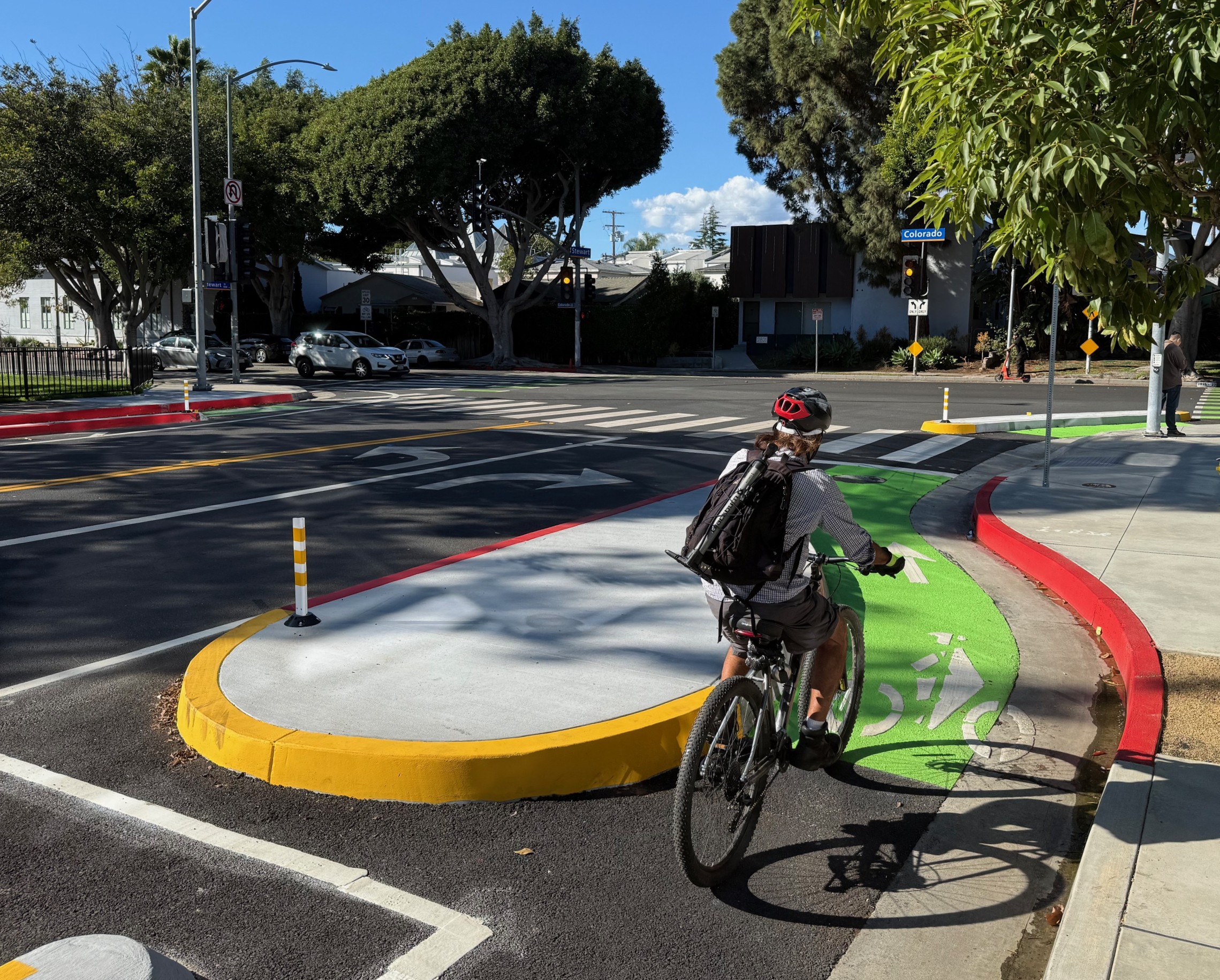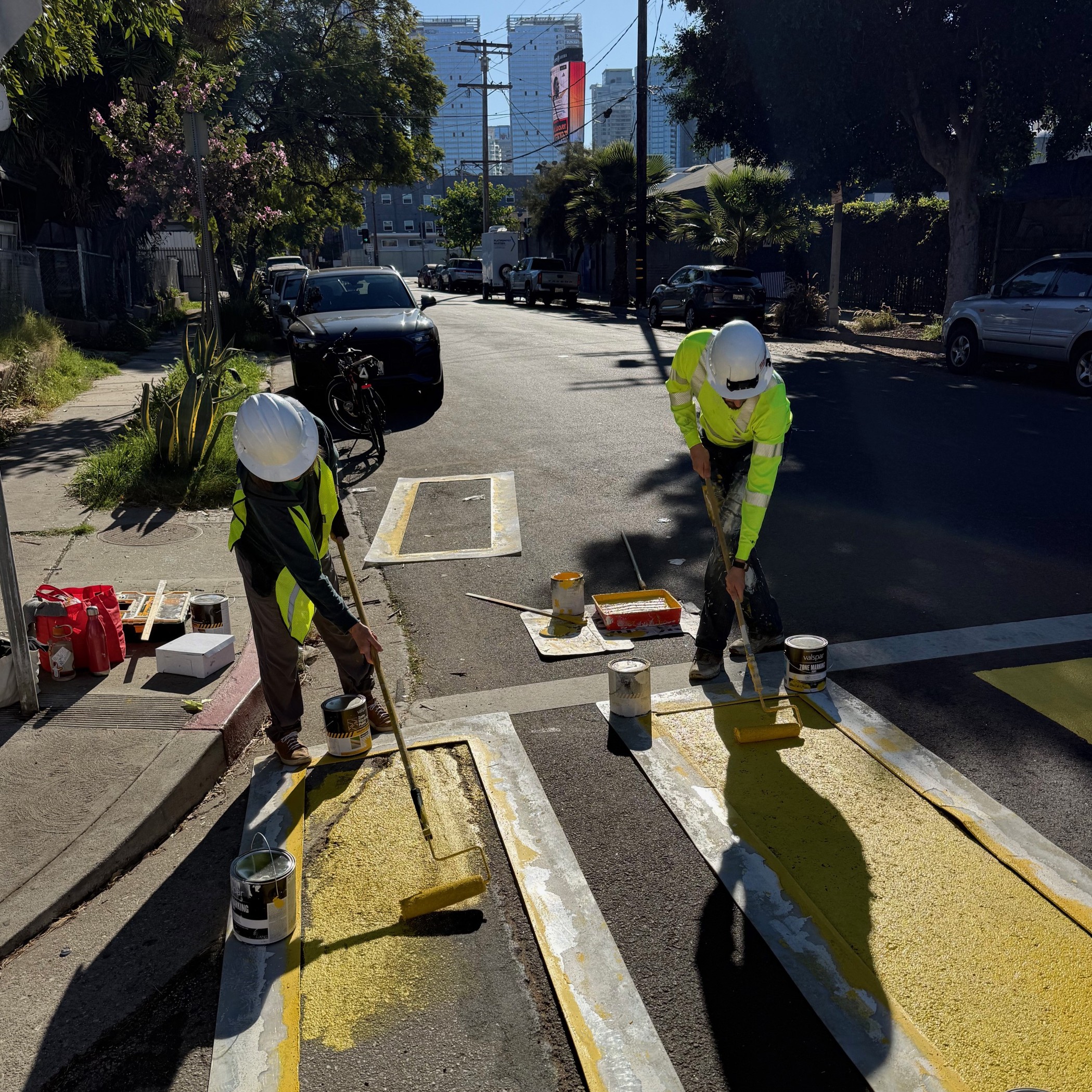Feeling warmer and fuzzier about the auto industry bailout? With the help of the Obama reelection campaign, the industry is convincing more Americans that the $80 billion they forked over to save it were dollars well spent.
In the latest Pew poll, the public responded more positively toward the bailout than ever before, with 56 percent of Americans agreeing that it was “mostly good for the economy.”
It has taken hard numbers to soften up taxpayers -- numbers like the 1.4 million new cars sold in March that made it the best month for car sales in five years. Looking to capitalize on this momentum, a key auto industry association, the Center for Automotive Research (CAR), has published a report that credits the industry with contributing $135 billion in tax revenues to the feds and the states.
(The irony must here be noted that CAR receives 43 percent of its funding from federal, state, and local sources. Yes, this research about how the auto sector partly funds the government was partly funded by the government.)
Sales taxes; fuel taxes; property taxes; licenses and fees; income taxes paid by industry employees; and corporate taxes paid by automakers, suppliers, and dealers were tallied by the group. On the face of it, these numbers are impressive, representing on average 13 percent of state revenues. States in which automakers have significant operations can see much higher percentages; in Tennessee, for example, industry-related dollars approach 20 percent of revenues. For these states, being dependent on an auto industry on the upswing seems like a very good thing.
That is, until they start adding up the year-in, year-out costs imposed by the industry and borne by the public. A truly comprehensive accounting of the economic costs of car dependency might include everything from highway litter pickup (Missouri alone paid $5 million for this in 2011) to the price of the Afghanistan and Iraq wars, estimated at $3.2-4 trillion overall.
But this is hardly necessary. To blow the industry’s $135 billion boon out of the water, just a few line items will do, such as:
- The total cost of car crashes of $300 billion a year, including $41 billion in health care costs;
- $186 billion needed this year to build and maintain highways and bridges;
- The fuel and time cost of traffic congestion that idles away $100 billion annually;
- Vehicle emissions spewed during only those hours of highest congestion, creating $31 billion in health costs;
- The combined budgets of the National Highway Association and the National Highway Transportation Safety Association’s at $44 billion.
These few costs alone total $661 billion, roughly five times CAR’s touted $135 billion.
Even Tennessee’s $1.87 billion tax haul from the industry disappears in just two bites: $1.2 trillion in health care costs from crashes in the state and $809 million in costs to drivers from wear and tear due to poor roads.
$135 billion a year sounds like a lot compared to $80 billion for one little bailout, and that’s what this report was intended to convey. But in the context of what Americans pay to help the auto industry keep selling us cars, it’s like getting a $5 gift card for Tiffany’s: not worth a thank you note.
Anne Lutz Fernandez, a former investment banker and marketing executive, is co-author, with anthropologist Catherine Lutz, of Carjacked: The Culture of the Automobile and its Effect on Our Lives.







